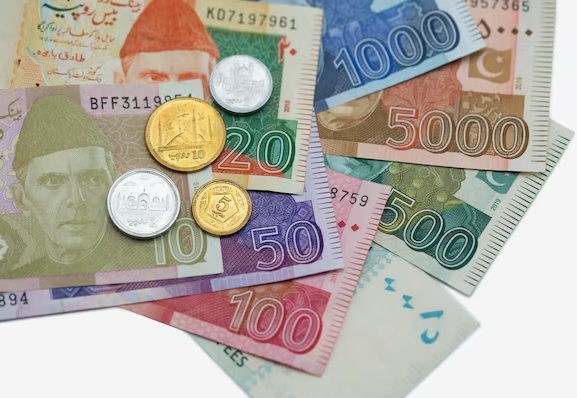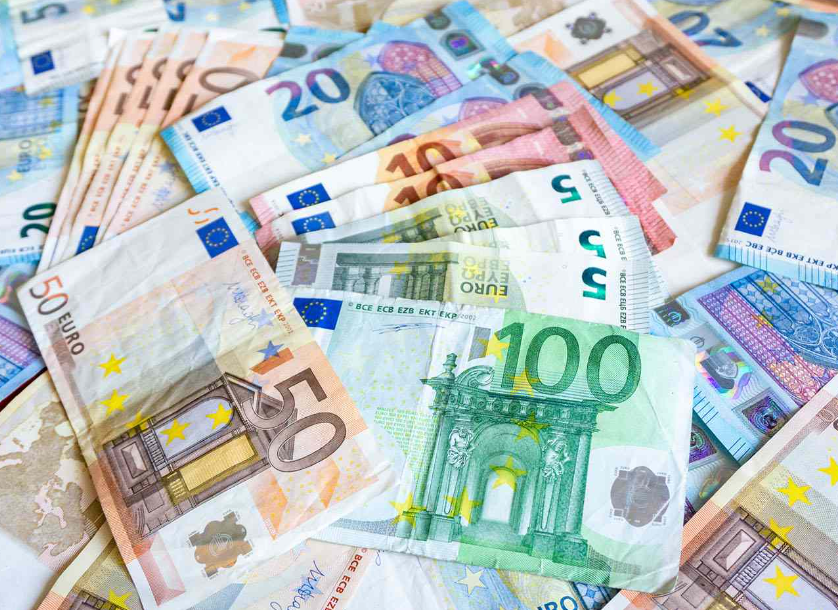The Germany National Currency, since 2002, has officially been the Euro. Germany is a country that has a rich and diverse culture, a vibrant economy, and a long history. When it comes to currency, Germany has been an important player in Europe for centuries, with various currencies being used throughout its history. In this article, we will explore the history and significance of the Euro as Germany’s national currency, its impact on the German economy, and other relevant information.
The History of the Euro
The Euro was officially introduced as a currency on January 1, 1999, but it wasn’t until three years later, on January 1, 2002, that it became the official currency of Germany and 11 other European countries. The Euro was introduced to facilitate trade and economic cooperation between European countries and to create a more stable and unified economic system. The Euro is managed by the European Central Bank (ECB) and is used by 19 European Union (EU) member states.
The Design of the Germany National Currency
The Euro banknotes and coins feature a unique design that reflects the unity and diversity of Europe. Each denomination of the Euro banknotes features a different architectural style, while the coins feature the EU flag on one side and a map of Europe on the other. The design of the Euro was chosen through a competition that involved artists and designers from all over Europe.
The Importance of the Germany National Currency
Germany is the largest economy in the European Union, and the Euro plays a crucial role in its economy. As a member of the Eurozone, Germany benefits from a stable currency that is widely accepted throughout Europe. This stability allows German businesses to trade with other European countries without having to worry about currency fluctuations. The Euro also provides a measure of economic stability and predictability that helps to attract foreign investment to Germany.
The Impact of the Euro on the German Economy
The introduction of the Euro had a significant impact on the German economy. While some experts initially predicted that the Euro would lead to inflation, this did not materialize, and the Euro has remained a stable currency. The Euro has also made it easier for German businesses to trade with other European countries, which has helped to boost the German economy.
The Eurozone Crisis
While the Euro has been successful in many ways, it has also faced challenges. One of the biggest challenges was the Eurozone crisis, which began in 2009 and lasted for several years. The crisis was caused by a combination of factors, including high levels of debt and weak economic growth. The crisis had a significant impact on many European countries, including Greece, Spain, and Portugal. However, Germany was able to weather the crisis relatively well, thanks in part to its strong economy and the stability of the Euro.
FAQs
- Is the Euro the only currency used in Germany?
Yes, the Euro is the official currency of Germany and has been since 2002.
- What is the current exchange rate between the Euro and the US Dollar?
As of April 7, 2023, the exchange rate between the Euro and the US Dollar is 1 Euro to 1.13 US Dollars.
- How has the Euro affected inflation in Germany?
Contrary to initial predictions, the Euro has not led to inflation in Germany. In fact, inflation rates have remained relatively stable since the introduction of the Euro.
- What other countries use the Euro as their national currency?
The Euro is used by 19 European Union member states, including France, Spain, Italy, and the Netherlands.
References
- European Central Bank. “History of the Euro.” https://www.ecb.europa.eu/euro/intro/html/history.en.html
- German Federal Foreign Office. “Germany’s Role in the EU.” https://www.auswaertiges-amt.de/en/europa/politik/deutschlands-rolle-in-der-eu/201414
- BBC News. “Eurozone Crisis: A Brief Guide.” https://www.bbc.com/news/business-13856580

